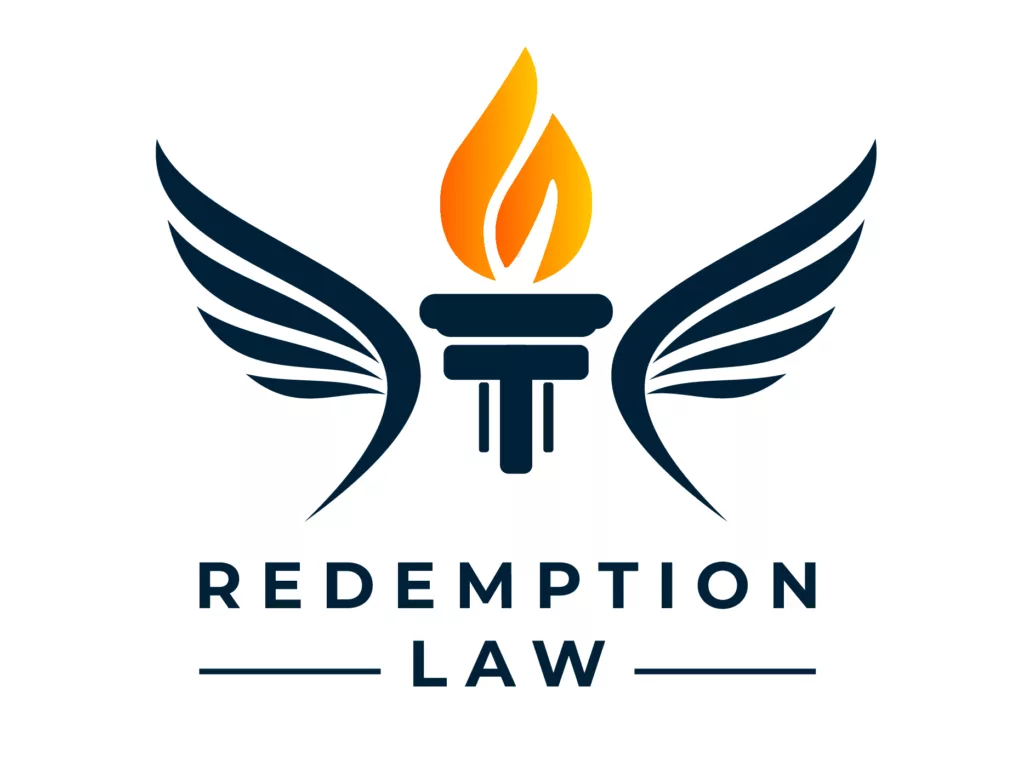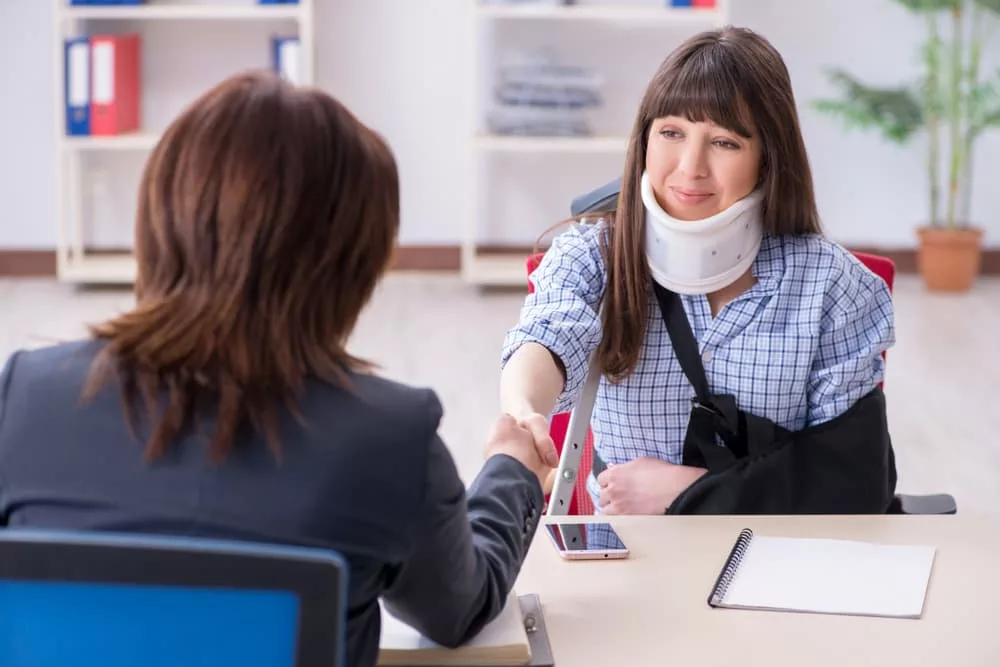Did you know that bars, restaurants, and other establishments that serve alcohol in Florida have a legal responsibility to monitor customers and avoid serving certain patrons?
If an intoxicated person hurt you in a DUI wreck, physical altercation, or other incident, you could have grounds for a dram shop liability claim against an alcohol vendor. With a successful dram shop liability claim, you can hold the negligent establishment accountable and recover money for your losses.
However, getting fair compensation from a dram shop liability claim is no easy task. You need compelling evidence and a strong legal claim to prove that an alcohol vendor or establishment served a drunk person who went on to harm you. Plus, standing up to big businesses and corporate attorneys on your own is daunting.
But you don’t have to do this alone.
Let’s look at Florida’s dram shop liability laws, what to do if you get hurt by someone else’s alcohol-fueled behavior, and how a personal injury lawyer can help.
What Are Dram Shop Liability Laws?
Most states have laws that hold businesses like bars and restaurants accountable for the alcohol they serve to patrons. These laws vary from state to state, but they generally hold establishments responsible for serving alcohol to people who are already obviously drunk, chronic alcohol users, or minors under the legal drinking age. The purpose of these laws is to protect the public from dangerously intoxicated individuals.
These laws go by the term dram shop liability laws. Dram shop laws first came to the U.S. after the prohibition era in the early 1900s, when alcohol consumption was widespread and subject to little regulation. The term “dram shop” comes from the word “dram,” which is an old unit of measurement for alcohol and other liquids.
Under many dram shop laws, you can hold business establishments responsible for your losses if they serve alcohol to visibly intoxicated, chronically drunk, or underage individuals who proceed to cause you harm. Depending on the circumstances, you could demand monetary compensation for your medical bills, lost income, and more from a dram shop liability claim.
How Does Florida Handle Dram Shop Liability?
Florida Statutes § 768.125 codifies the Florida Dram Shop Act. Under this law, people who get hurt or whose property sustains damage because of an intoxicated person’s behavior can bring dram shop liability claims against the establishment that served the drunk individual. However, Florida’s dram shop liability laws are somewhat limited in comparison with other states’ laws.
Specifically, Florida dram shop laws say that you can only hold alcohol vendors liable for serving alcohol to two types of people: those who are under the lawful drinking age and those who are “habitually addicted” to alcohol. It’s worth noting that this means you cannot hold an alcohol vendor liable simply for serving alcohol to someone who was already drunk. Additionally, your lawyer must prove that the establishment’s decision to serve alcohol to a minor or addicted person directly contributed to your injuries or damages.
Florida courts have clarified dram shop liability laws, so they generally apply only to establishments that serve alcohol for immediate consumption. Therefore, it may not be possible to file a dram shop liability claim against a grocery or liquor store that sells sealed alcoholic beverages for future consumption.
What Is the Difference Between Dram Shop and Social Host Liability?
Some states have social host liability laws in addition to dram shop liability laws. The key difference between dram shop and social host liability laws is the responsible party.
Social host liability applies to individuals who host social gatherings at which they serve alcohol to others. If someone gets drunk at a social gathering and goes on to harm others in a state with social host liability laws, the host could be responsible for the drunk party’s actions. In these states, social hosts are legally responsible for keeping their guests from getting overly intoxicated or driving away under the influence.
Florida’s dram shop liability laws apply to alcohol vendors and establishments that serve alcohol but not to social hosts who provide alcohol to their guests. So, if you get hurt by an intoxicated person who got drunk at a social gathering in Florida, you can file a claim against the drunk individual but not the social host who served them alcohol.
Types of Injury Cases That Could Involve Dram Shop Liability
Dram shop liability could arise in any situation involving an establishment serving alcohol to underage, visibly intoxicated, or addicted persons who go on to harm others.
Possible types of injury cases that could involve dram shop liability include:
- Drunk driving accidents. Drunk driving accidents are one of the most common types of injury cases involving dram shop liability. When a business serves alcohol to a patron who shouldn’t be drinking, and that person proceeds to cause a drunk driving accident, the business that served the alcohol could be liable.
- Boating accidents. Many boating enthusiasts enjoy adult beverages while they’re out on the water, but drunk boating is often just as dangerous as drunk driving. If intoxicated or underage boaters receive alcohol from vendors aboard marine vessels, those vendors could be liable for any injuries or damages the intoxicated person causes in a boating accident.
- Slip and fall accidents. If someone who shouldn’t be drinking gets overly intoxicated at a bar or other establishment, the establishment could be liable if that individual falls and hurts themselves or other patrons.
- Swimming accidents. When an alcohol vendor overserves alcohol to someone at a pool or beach, there’s a risk that the drunk individual could take things too far and drown themselves or others in the water.
- Injuries from acts of violence. Intoxication can increase feelings of aggression and impulsivity, and it’s not unusual for drunk individuals to get into fights or physical altercations with other people. If an establishment continues to serve alcohol to an underage, visibly drunk, or addicted person, the establishment could be liable if the person assaults and injuries someone else.
- Wrongful death cases. In tragic cases, overly intoxicated people cause car wrecks and other accidents that result in wrongful death. If someone dies a preventable death because an alcohol dispensary overserved a patron who went on to cause harm, the establishment could be liable for a wrongful death claim.
Potentially Liable Parties in a Dram Shop Liability Claim
Any of the following types of establishments could be liable in a dram shop liability claim if they serve alcohol to underage or habitually addicted individuals:
- Bars, nightclubs, restaurants, and cafes
- Sports arenas, stadiums, and other event venues
- Hotels and resorts that serve alcohol in bars or restaurants
- Catering companies that serve alcohol at events and parties
- Cruise ships and other vessels that serve alcohol to passengers
- Party buses, limousines, and other vehicles that offer alcohol
- Festivals and fairs that have alcohol vendors on site
- Private clubs and social organizations that serve alcohol to members
- Breweries, wineries, and distilleries that offer tastings and sell alcohol
- Casinos that serve alcohol to patrons
- Bowling alleys and other recreational facilities that serve alcohol
- Movie theaters that offer alcohol to moviegoers
- Airports and airlines that serve alcohol on board or in airport lounges
- College campuses that serve alcohol at events or in campus bars
- Amusement parks and water parks that have alcohol vendors
- Banquet halls and event spaces that serve alcohol at weddings and other parties
- Food trucks and mobile vendors that serve alcohol at events or on the street
- Fraternal organizations and clubs that serve alcohol to members and guests
- Golf and country clubs that serve alcohol to golfers on the green or in clubhouses
- Ski resorts and mountain lodges that serve alcohol to skiers and snowboarders
- Public parks and beaches that allow alcohol vendors and public consumption
- Music venues and concert halls that serve alcohol to attendees
- Museums and art galleries that offer alcohol at events and receptions
- Hospitals and healthcare facilities that serve alcohol to visitors in cafes
- Any establishments with liquor licenses that serve alcohol to the public
Proving a Dram Shop Liability Claim in Florida
To establish a successful dram shop liability claim in Florida, your lawyer must prove:
- The establishment had a legal duty to refrain from serving alcohol to underage or habitually intoxicated individuals.
- The establishment knowingly served alcohol to someone who was under 21 or habitually addicted to the consumption of alcohol.
- The establishment’s actions caused the at-fault individual to become dangerously intoxicated in a way that led to you getting hurt.
- Your injuries and related losses were a foreseeable result of the establishment’s negligent or reckless decision to serve the other individual.
You can build a solid dram shop liability claim by working with a Florida injury lawyer, who can identify and gather useful evidence for your case, such as:
- Photos of the intoxicated individual receiving or consuming alcohol
- Video footage of the individual stumbling or behaving aggressively
- Audio recordings of the individual slurring their words
- Witness testimony from servers who gave the individual alcohol
- Testimony from others who witnesses the individual’s drunken behavior
- Receipts or credit card statements showing the individual’s alcohol purchases
- Breathalyzer or blood alcohol test results, if available
- Police accident reports or arrest records from alcohol-related offenses
- Testimony from experts who can explain how alcohol contributed to your injuries
- DUI accident diagrams from accident reconstruction specialists
- The establishment’s records of the individual’s arrival and departure times, the amount of alcohol they consumed, and any harm reduction efforts
- Previous alcohol-related incidents or complaints involving the establishment
What to Do if You Get Hurt Due to Someone Else’s Intoxication
If a business establishment overserves someone who goes on to harm you, you could have grounds for a dram shop liability claim.
In that case, to protect your well-being and your legal rights:
- Get medical care for your injuries as soon as possible so that a licensed physician can diagnose, treat, and document your condition.
- Follow your doctor’s care plan closely.
- Record your pain levels and personal limitations by writing about your recovery progress in a pain journal.
- Gather evidence from the incident, including photos of the location where you got hurt and statements from eyewitnesses.
- Keep copies of medical bills, healthcare records, and documentation that proves your income losses, such as pay stubs or bank statements.
- Watch what you say to the other individual, the establishment, and any other parties that could use your statements against you.
- Avoid posting any updates or photos on social media before resolving your case.
- Discuss your dram shop liability case with an experienced personal injury lawyer before speaking to others or accepting any settlement offers.
How a Dram Shop Liability Lawyer Can Help
When you work with a knowledgeable attorney for your dram shop liability case, they can protect your interests and maximize your compensation by:
- Identifying potentially liable parties and sources of compensation for your claim
- Conducting an independent investigation into the alcohol-related incident
- Gathering and preserving useful evidence to support your dram shop claim
- Issuing spoliation letters to prevent other parties from destroying evidence
- Interviewing eyewitnesses to obtain supporting statements for your case
- Communicating with other individuals, establishments, insurance companies, and other lawyers on your behalf
- Managing essential case documents, details, and deadlines on your behalf
- Completing claim paperwork, preparing documentation, and filing your claim
- Negotiating aggressively with the other side to increase your settlement value
- Taking your case to court and representing you at trial if the other side won’t pay

Every dram shop liability case is unique, and these cases are often complex matters that require a deep understanding of personal injury law. Without a seasoned attorney in your corner, you might overlook certain rights or options, which could result in a settlement that is far lower than you deserve. Working with an attorney minimizes the risk of preventable errors that could cost you money in the long run.
Related articles
Related articles Related articles Related articles Related articles Related articles Related articles Related articles Related articles Related articles Related articles
Personal Injury
02 Feb 2024
How Long After An Accident Can You Claim Injury?






